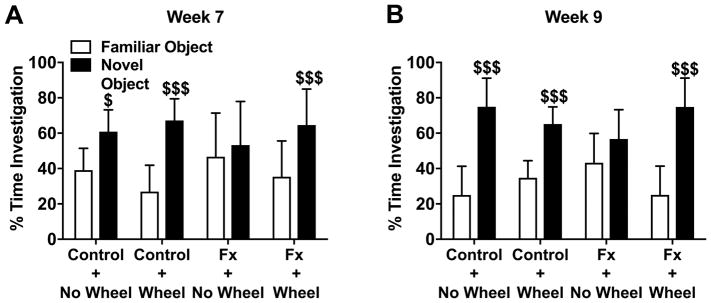Figure 8. The effects of stopping exercise on post fracture gene expression of spinal cord inflammatory mediators.
Figure 1 illustrates the reoccurrence of allodynia and unweighting in exercised mice after stopping exercise for 2 weeks. In this experiment a cohort of fracture mice (FX+Wheel) were treated with 4 weeks ad lib access to a running wheel, starting at 3 weeks post fracture, then the wheel was removed for 2 weeks and then the animals sacrificed (9 weeks post fracture) and the skin collected. Control fracture mice not provided access to a running wheel (FX+No Wheel) were sacrificed (9 weeks post fracture) and the skin collected. Inflammatory mediator expression in the lumbar cord innervating the fracture limb was measured by real-time PCR. IL-6 (B), TAC1 (F), TACR1(G), CALCA (I), CALCB (J), and CALCRL (K) mRNA levels were up-regulated at 9 weeks post fracture, compared to nonfractured control mice. All these increases in inflammatory mediator gene express were reversed by 4 weeks wheel running (Fig. 5) and this reversal persisted after stopping wheel running. There were no changes in the hindpaw skin expression of IL-1β (A), TNF-α (C), NGF (D), CCL2 (E), and RAMP1 (H) at 9 weeks post fracture (no wheel), compared to nonfracture control mice, and exercise had no effects on the 9 weeks post fracture expression of these genes. Values are means ± SD, n=8 per cohort. One-way analysis of variance with Bonferroni post hoc testing. * P< 0.05, ** P< 0.01, *** P< 0.001 for FX+No Wheel or FX + Wheel vs Control, # P< 0.05, ## P< 0.01, ### P< 0.001 for FX + Wheel vs FX+No Wheel.

